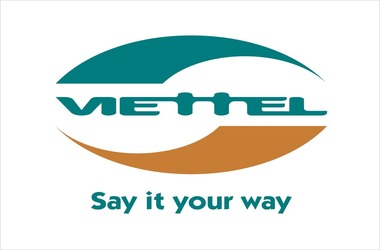
Speaking at a training program named “Blockchain at Viettel,” the firm’s deputy general director Ngô Vĩnh Quý supposedly said that Viettel is keen to keep in pace with advancement trends, such as blockchain technology.
Ngô guaranteed that the corporation has the essential resources, including financing, experts, and network framework to study and install blockchain. Ngô further said
“Blockchain is an unlimited ecosystem. The most difficult task for Viettel is choosing the most effective blockchain technology that can be applied in daily life.”
By now, the company has created a blockchain-based facility to enhance file organization in the healthcare sector. The software solution purportedly permits all medical networks, including the Ministry of Health, provincial health departments, patients and other associated entities, to be linked on a national scale. The model presently awaits endorsement from the Ministry of Health of the country.
A few other Asian nations have previously implemented blockchain technology in their telecoms networks. South Korea’s largest telecom firm, the state-owned KT Corporation, made public the inauguration of its blockchain-powered commercial network to turn it “more secure and transparent” in July. KT intends to permit its individual and corporate consumers to save and move their digital information with “less hacking risks.”
Additionally, in July, China’s three top telecoms operators — China Mobile, China Unicom and China Telecom — unveiled a blockchain study group, which intends to “build a dependable blockchain application team to explore the blockchain area” and looks to increase knowledge of “new applications in the area of blockchain digital assets, telecommunication assets and next-generation telecommunication network.”